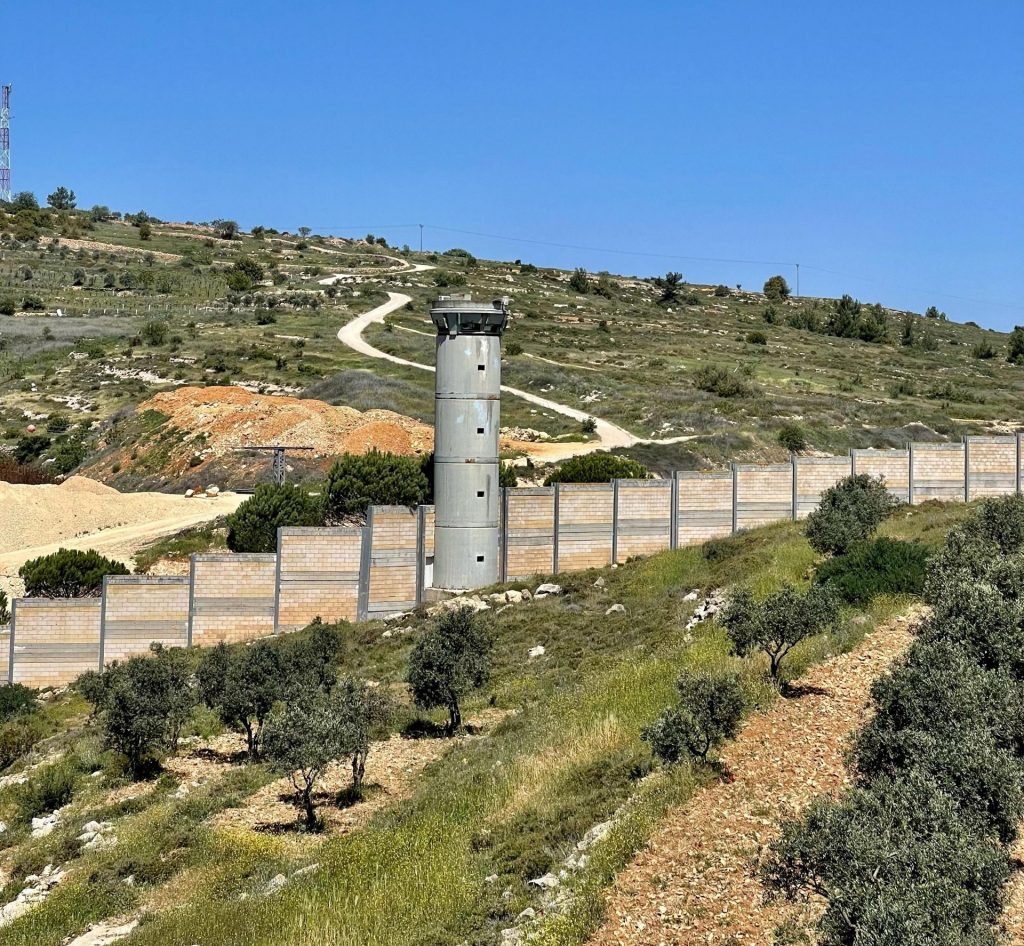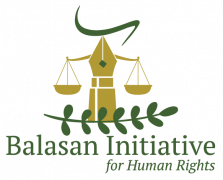In escalations of Israel’s illegal colonial expansion policies in the southern West Bank, two strategic sites have come under increasing military pressure and settlement expansion threats with the aim of pushing Israel’s annexation agenda. These two sites are Khirbet Alyah and Khirbet Abu Soda located in the town of Kl-Khader, Bethlehem. These areas are witnessing a concerted campaign of surveillance, home demolition threats, access denial to their olive tree fields, and intimidation—all aimed at displacing residents and consolidating settler control.
Khirbet Alyah
The location of Khirbet Alyah is of strategic value to the illegal Israeli occupation— as it links the illegal Efrat settlement with a newly established settlement “outpost” and the bypass road to Jerusalem (route 60). This geo-strategic importance has placed the area under repeated threat from the army: a total of six demolitions have already taken place.
Since early April of 2025, residents have reported the daily presence of Israeli low-flying drones during early morning hours, contributing to a constant sense of fear and surveillance. A new Israeli administrative demolition order was issued for a home near a previously demolished property, with no explanation or justification given. Local families now fear that the last two remaining homes may be imminently destroyed by Israeli forces.
Residents have also been cut off from their agricultural lands, which now fall within the ever-expanding perimeter of the settlement of Efrat. These lands—once a vital source of livelihood—are no longer accessible to their rightful owners.
Khirbet Abu Soda
In the same area, Khirbet Abu Soda faces a parallel threat. Overlooking a major ‘bypass’ road and adjacent to a settlement under active construction, the area is increasingly militarized. Israeli occupation forces have stationed snipers in nearby watch towers and intensified patrols along the newly built apartheid wall. Residents were explicitly warned by Israeli forces not to receive visitors or engage in documentation efforts.
Every morning, armored Israeli military vehicles park in front of homes without explanation. These acts appear to be part of intimidation measures, and possibly foreshadowing the reoccupation of a previously abandoned Israeli occupation military base in the area.
A local youth was recently detained and interrogated for filming military activity near the wall—then released without charges. The message to the community was clear: documentation is a risk. Farmers have also been denied access to lands lying beyond the wall, and soldiers have issued direct threats at the wall gates, warning residents against approaching.

The situation in both Khirbet Alyah and Khirbet Abu Soda continues to face mounting pressure, with residents living under the constant threat of home demolitions, land confiscation, and escalating coercive environment. Daily military surveillance activities, including low-flying drones and frequent military patrols, have created an environment of fear and instability. Despite their strategic significance and the clear risks they face, residents of both areas remain at risk of forced displacement. Israeli policies in the area stand in grave violation of international law, including international humanitarian and human rights law. Notably, in light of the International Court of Justice’s 2024 Advisory Opinion reaffirming the illegality of Israel’s occupation, including its settlement enterprise, the international community must move beyond statements of concern to concrete action as stipulated by the Court. It bears a legal and moral obligation to put an end to Israel’s illegal presence in the oPt, to prevent further acts of annexation and forcible displacement, and to ensure accountability for such grave and violations.
